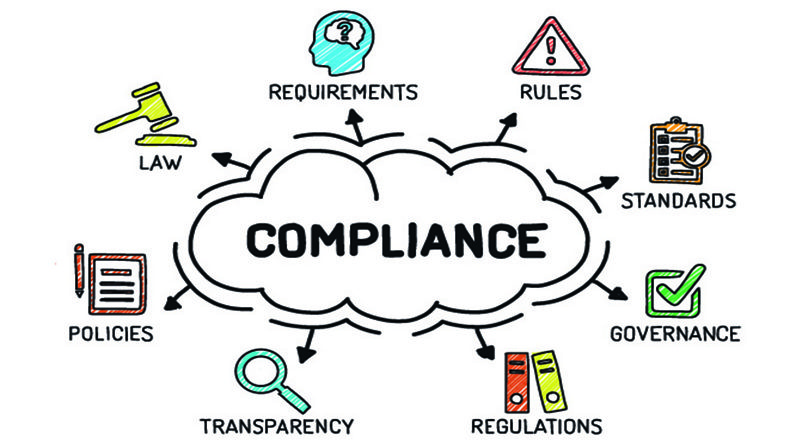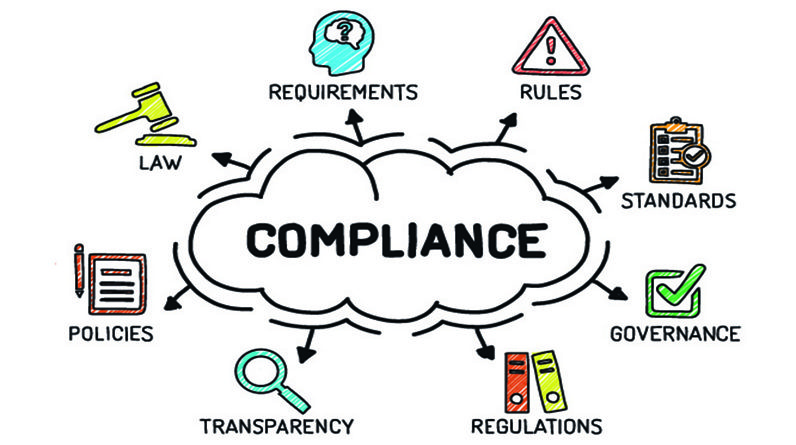The US Department of Health and Human Services (HHS) Office of Inspector General (OIG) issued a new report on February 26, 2024, which says that lessons learned during the pandemic can help improve care in nursing homes. This report is the third and final installment in a three-part series about the effects of the COVID-19 pandemic on nursing homes, their residents, and residents’ families and visitors.
The first report focused on residents and the second report specifically focused on nursing homes. The third report is based on firsthand accounts from 25 nursing home administrators about the challenges they faced with staffing and infection control practices. It also includes recommendations to better protect the health and safety of nursing home residents and staff.
According to the OIG, nursing homes encountered monumental and ongoing staffing challenges. These challenges included significant loss of staff and difficulties in hiring, training, and retaining new staff. Many nursing homes relied on outside staffing agencies, which had significant downsides. Even after initial challenges were resolved, nursing homes continued to struggle with costs, testing protocols, personal protective equipment (PPE) compliance, and vaccination rates.
In the report, the OIG recommends that the Centers for Medicare & Medicaid (CMS):
- Implement and expand upon its policies and programs to strengthen the nursing home workforce.
- Reassess nurse aide training and certification requirements.
- Update the nursing home requirements for infection control to incorporate lessons learned from the pandemic.
- Provide effective guidance and assistance to nursing homes on how to comply with updated infection control requirements.
- Facilitate sharing of strategies and information to help nursing homes overcome challenges and improve care.
For more detailed information, you can access the full report here.
Compliance Perspective
Issue
Infection prevention and control is a critical issue for nursing homes because of the high number of healthcare-associated infections, residents’ increased susceptibility to infections, and the significant exposure to healthcare-associated infections residents face. Federal regulations on infection control require nursing homes to establish and maintain an Infection Prevention and Control Program (IPCP) designed to provide a safe, sanitary, and comfortable environment and to help prevent the development and transmission of communicable diseases and infections. Facilities must have sufficient nursing staff with the appropriate competencies and skills sets to provide nursing and related services to ensure resident safety and attain or maintain the highest practicable physical, mental, and psychosocial well-being of each resident, as determined by resident assessments and individual plans of care and considering the number, acuity, and diagnoses of the facility’s resident population in accordance with the required facility assessment according to F838.
Discussion Points
- Review policies and procedures for your IPCP and infection preventionist requirements. Ensure that policies are up to date with the most recent CDC and CMS infection control guidelines. Review your new employee orientation process and determine if changes should be made to help retain employees. Discuss with human resources the current tactics that are being used to recruit new employees.
- Train all staff to follow the facility’s policies and procedures for infection prevention and control. Train the appropriate staff on the importance of new employee orientation. Also train all nursing staff on your policies and procedures for nursing skills, and ensure that each nurse demonstrates competency in providing care. Ask staff if there are areas within their responsibilities where they would like to receive additional training, and provide the requested instruction.
- Periodically audit to ensure that all staff members are following infection control policies and procedures correctly, and that the IPCP is reviewed annually. Provide additional education if necessary. Also periodically audit to determine that new staff orientation is complete to ensure competency of the employees filling each role. Conduct “stay interviews” with current employees to learn why they choose to stay with the facility, and incorporate their suggestions into your staff retention efforts.
*This news alert has been prepared by Med-Net Concepts, LLC for informational purposes only and is not intended to provide legal advice.*







